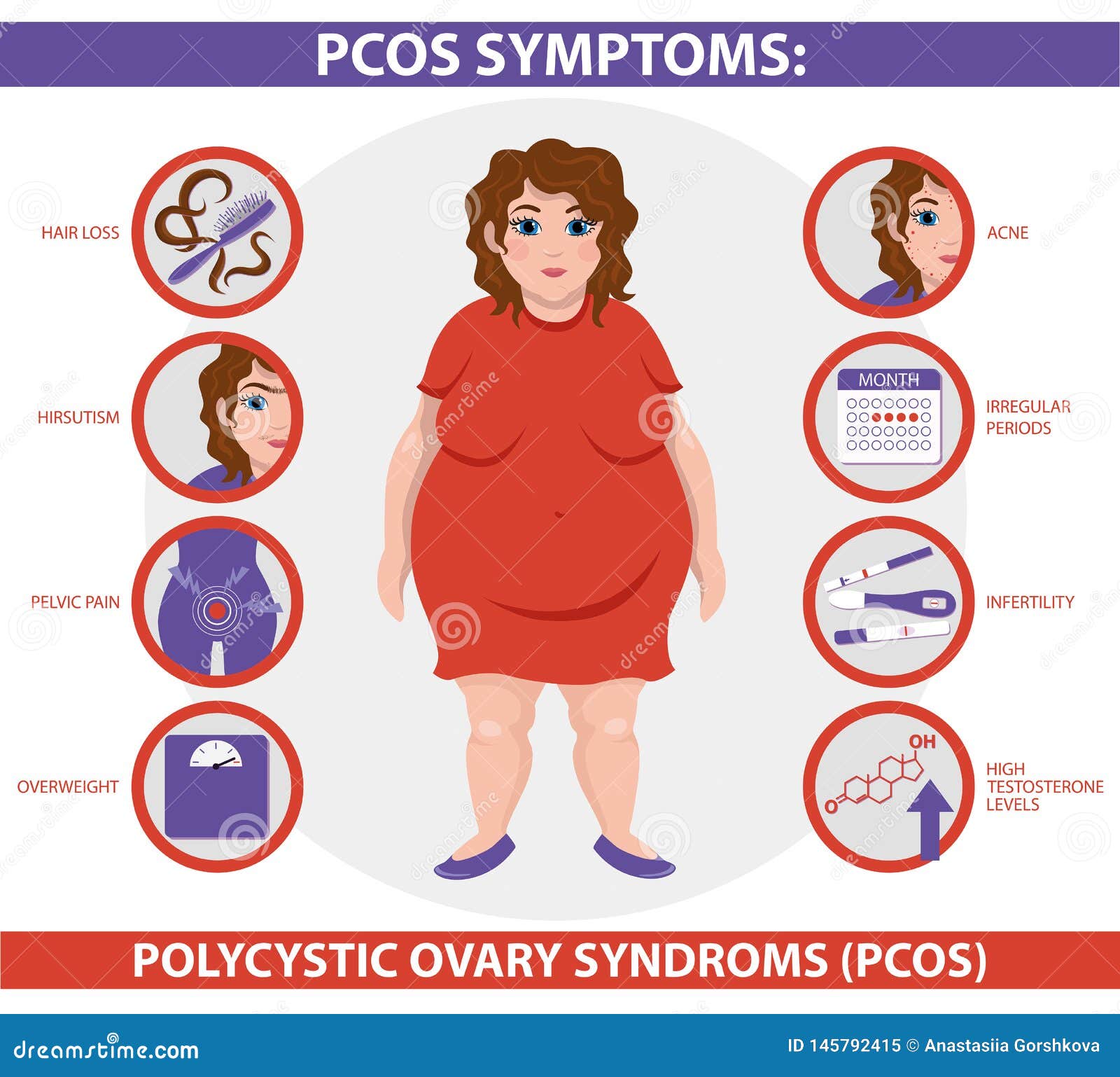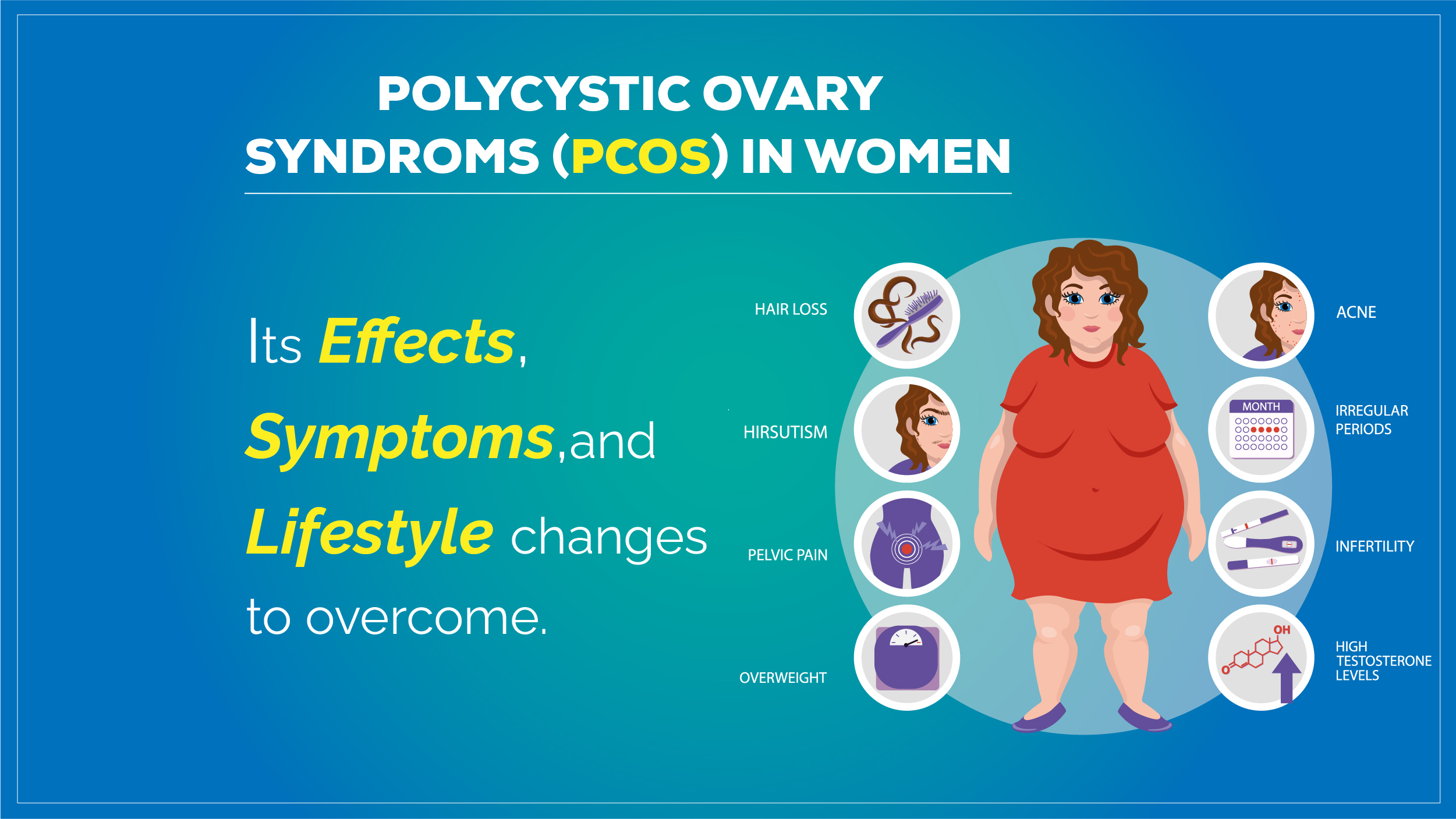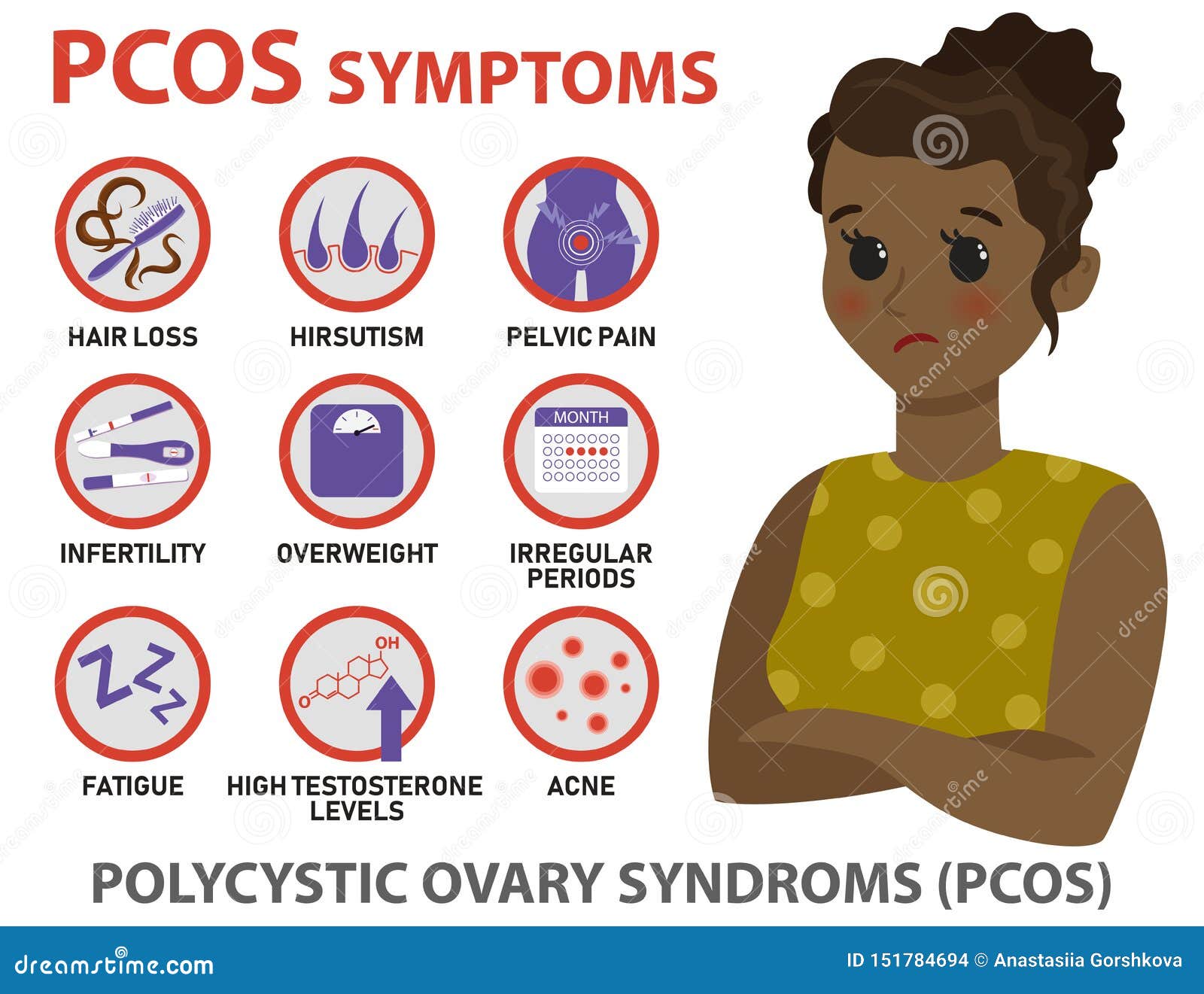PCOS women are warriors navigating a journey filled with challenges, triumphs, and resilience. Polycystic Ovary Syndrome (PCOS) is more than just a health condition—it's a chapter in the lives of millions of women worldwide. If you're here, chances are you or someone you know is dealing with this complex syndrome. But don’t worry, sis, we’ve got your back. This article is all about shedding light on PCOS, its impact, and how to thrive despite it. Let’s break it down together!
Picture this: you’re living life, balancing work, family, and friendships, when suddenly your body starts acting up. Irregular periods, unexpected weight gain, acne flare-ups, and mood swings hit you like a truck. You go to the doc, and boom—they say it’s PCOS. Yeah, it’s a mouthful, but let’s break it down. PCOS affects 1 in 10 women of reproductive age, making it one of the most common hormonal disorders out there. Crazy, right?
Now, before we dive deep into the nitty-gritty, let’s make one thing clear: PCOS is not your enemy. It’s just your body speaking a different language. The key is learning how to listen and respond. In this article, we’ll explore everything from symptoms and diagnosis to treatment options and lifestyle hacks. So grab your favorite drink, get comfy, and let’s unpack this together.
- Cast Of And Just Like That The Ultimate Guide To Your Favorite Characters
- The Ultimate Guide To Shower Gel Exfoliator Transform Your Shower Experience
What Exactly Is PCOS?
First things first, let’s define PCOS. Polycystic Ovary Syndrome is a hormonal disorder that affects women during their reproductive years. Essentially, it happens when your ovaries produce too much androgen—a male hormone that women naturally have in small amounts. This hormonal imbalance can cause tiny cysts to form on the ovaries, leading to a range of symptoms.
But here’s the kicker: PCOS isn’t just about the ovaries. It’s a full-body condition that affects metabolism, reproductive health, and even mental well-being. Think of it like a domino effect—when one system is off, everything else gets thrown out of whack. That’s why understanding PCOS is so important for women everywhere.
Common Symptoms of PCOS in Women
Let’s talk symptoms because they’re the first clue that something’s up. Not every woman experiences PCOS the same way, but there are some common signs to watch out for. Here’s a quick rundown:
- Gemini And Pisces Compatibility A Cosmic Dance Of Opposites
- Bella Thorne In The Nude The Truth Behind The Headlines
- Irregular or missed periods
- Excess hair growth (hirsutism)
- Acne and oily skin
- Weight gain or difficulty losing weight
- Thinning hair or hair loss
- Fatigue and low energy levels
- Mood swings and depression
Now, these symptoms might seem random, but they’re all connected to hormonal imbalances. For example, high androgen levels can lead to acne and hair growth, while insulin resistance can cause weight gain. It’s like your body’s trying to send you a message, and it’s up to you to decode it.
How Is PCOS Diagnosed?
Diagnosing PCOS isn’t as straightforward as taking a blood test or getting an X-ray. Docs usually rely on a combination of methods to confirm the diagnosis. Here’s what they typically do:
- Medical history review: Your doc will ask about your menstrual cycle, family history, and any symptoms you’ve noticed.
- Physical exam: They’ll check for signs of excess hair growth, acne, or other physical changes.
- Blood tests: These help measure hormone levels and check for insulin resistance.
- Ultrasound: This imaging test can show if there are cysts on your ovaries.
Keep in mind that not everyone with PCOS will have visible cysts. That’s why docs use a combination of criteria to make the diagnosis. If you suspect you have PCOS, don’t hesitate to talk to a healthcare professional. Early diagnosis can make a huge difference in managing the condition.
What Causes PCOS in Women?
Okay, this is where things get a little tricky. The exact cause of PCOS isn’t fully understood, but researchers believe it’s linked to a few key factors:
- Hormonal imbalance: High levels of androgens and insulin resistance are major players.
- Genetics: If your mom or sister has PCOS, you’re more likely to develop it too.
- Inflammation: Chronic low-grade inflammation can contribute to insulin resistance and worsen symptoms.
Basically, PCOS is like a puzzle with lots of pieces. Each woman’s experience is unique, which is why treatment plans need to be personalized. There’s no one-size-fits-all solution here.
PCOS and Mental Health: The Hidden Struggle
Let’s not forget the mental health side of PCOS. Dealing with hormonal fluctuations, physical changes, and infertility concerns can take a toll on your emotional well-being. Studies show that women with PCOS are more likely to experience anxiety, depression, and mood swings. But hey, sis, you’re not alone in this.
Talking about mental health is crucial. Whether it’s through therapy, support groups, or self-care practices, finding healthy ways to cope can make all the difference. Remember, taking care of your mind is just as important as taking care of your body.
How PCOS Affects Daily Life
Living with PCOS can feel overwhelming at times. Simple things like planning your period or managing your weight can become major challenges. But with the right tools and mindset, you can thrive despite the struggles. Here are a few tips:
- Stay organized with period-tracking apps.
- Practice mindfulness to manage stress.
- Seek support from friends, family, or online communities.
It’s all about finding what works for you and sticking with it. Progress might be slow, but every step counts.
Treatment Options for PCOS Women
When it comes to treating PCOS, the goal is to manage symptoms and reduce the risk of long-term complications. Here are some common approaches:
Medications
Your doc might prescribe meds to help regulate your hormones or improve insulin sensitivity. Some common options include:
- Birth control pills: These can help regulate periods and reduce androgen levels.
- Metformin: This drug improves insulin resistance and can help with weight management.
- Hair removal treatments: Laser therapy or prescription creams can help manage excess hair growth.
Lifestyle Changes
While meds can be helpful, lifestyle changes are often the cornerstone of PCOS management. Here’s what you can do:
- Adopt a balanced diet rich in whole foods.
- Incorporate regular exercise into your routine.
- Prioritize sleep and stress management.
Small changes can add up to big results over time. The key is consistency and patience.
Nutrition and PCOS: Fueling Your Body Right
Eating well is crucial for managing PCOS. Focus on foods that support balanced hormones and improve insulin sensitivity. Here’s a quick guide:
- Load up on fiber-rich fruits, veggies, and whole grains.
- Choose lean proteins like chicken, fish, and tofu.
- Limit processed carbs and sugary snacks.
- Stay hydrated with plenty of water.
Meal prep and planning can make it easier to stick to a healthy diet. And don’t forget to listen to your body—what works for one person might not work for another. Experiment until you find what feels right for you.
Exercise and PCOS: Moving Toward Better Health
Exercise is another powerful tool for managing PCOS. It helps improve insulin sensitivity, boost energy levels, and reduce stress. But here’s the thing: you don’t have to go hardcore to see results. Even moderate activity can make a difference. Try these ideas:
- Walking or jogging
- Yoga or Pilates
- Cycling or swimming
- Dancing or group fitness classes
The key is finding something you enjoy so you’ll stick with it. Remember, movement isn’t just about burning calories—it’s about feeling good in your own skin.
PCOS and Infertility: What You Need to Know
Infertility is a common concern for women with PCOS. The hormonal imbalances can interfere with ovulation, making it harder to conceive. But don’t lose hope—many women with PCOS go on to have healthy pregnancies with the right care.
Treatment options for infertility include fertility drugs, assisted reproductive technologies, and lifestyle changes. Talking to a fertility specialist can help you explore your options and create a personalized plan. And remember, you’re not alone on this journey. There are plenty of resources and support networks available.
Living Your Best Life with PCOS
Managing PCOS is all about finding balance and taking charge of your health. It’s not always easy, but with the right mindset and tools, you can thrive. Here’s a quick recap of what we’ve covered:
- PCOS is a hormonal disorder affecting millions of women worldwide.
- Symptoms include irregular periods, acne, weight gain, and mood swings.
- Treatment options range from medications to lifestyle changes.
- Nutrition, exercise, and mental health care are key components of PCOS management.
Now it’s your turn to take action. Share this article with someone who might benefit from it. Leave a comment below with your thoughts or questions. And most importantly, keep showing up for yourself. You’ve got this, sis!
Table of Contents
- What Exactly Is PCOS?
- Common Symptoms of PCOS in Women
- How Is PCOS Diagnosed?
- What Causes PCOS in Women?
- PCOS and Mental Health: The Hidden Struggle
- How PCOS Affects Daily Life
- Treatment Options for PCOS Women
- Nutrition and PCOS: Fueling Your Body Right
- Exercise and PCOS: Moving Toward Better Health
- PCOS and Infertility: What You Need to Know
References:
- Mayo Clinic
- Harvard Health Publishing
- PCOS Awareness Association
- Uk Royal News The Latest Buzz Around The Crown
- Santa Sleigh With Reindeer The Ultimate Christmas Fantasy Unveiled


